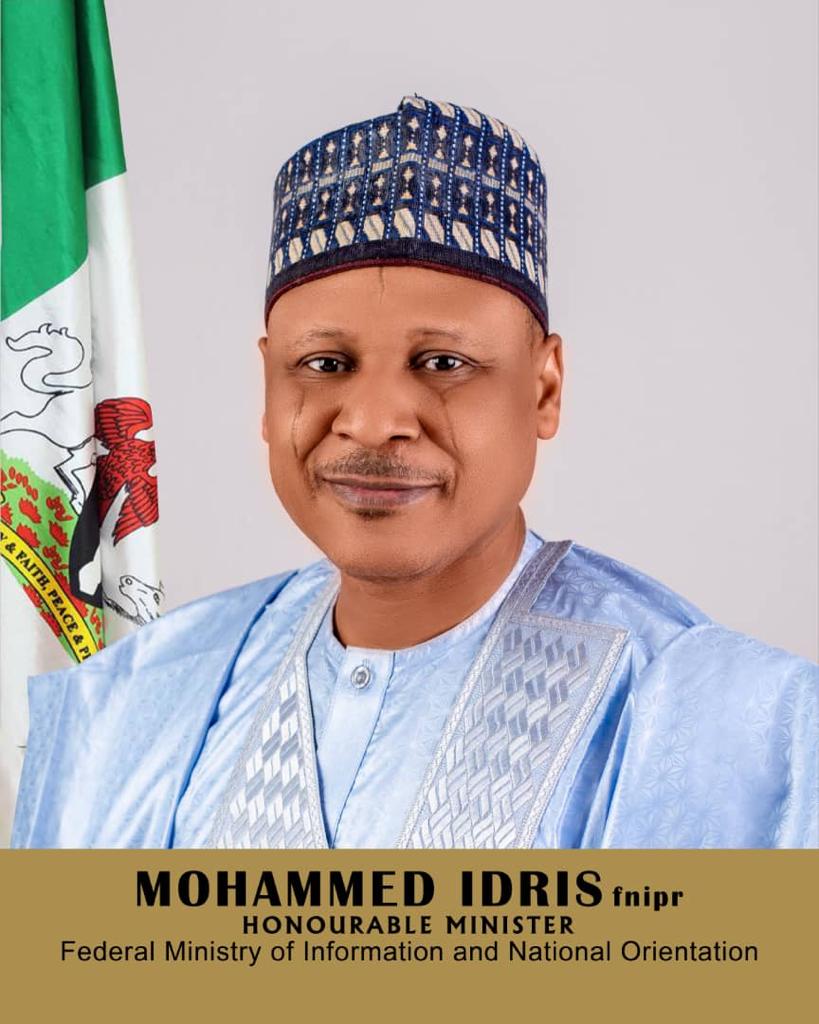 A Bill for an Act to establish the National Power Training Institute of Nigeria (NAPTIN) on Tuesday passed second reading in the House of Representatives.
A Bill for an Act to establish the National Power Training Institute of Nigeria (NAPTIN) on Tuesday passed second reading in the House of Representatives.
The bill which was sponsored by Rep. Wale Raji (APC-Lagos), seeks to create a legal framework for the operation and administration of the Institute as allowed under the extent laws.
Leading the debate earlier, Raji said that the crux of the bill was to cloth the already existing institute with legal status.
According to him, this is to enable it operate maximally as a government agency with all its requisite authority within the bounds of the law.
He said that the enactment of the Electric Power Sector Reform Act, 2005 provided the platform for the deregulation of the Nigerian Electricity Supply Industry from the control, ownership and regulation of the Federal Government to private sector.
According to him, the reform basically focused on accomplishing many goals among which are power stability, reliability, sustainability and human capacity development.
“In response to this reform and to address the lingering issues on human capacity development, NAPTIN was established in March 23, 2009.
“NAPTIN is to provide a structural and standardised training process in order to achieve manpower capacity development in the power sector.
“With the successful completion of the reform and privatisation programme, NAPTIN along with some newly established institutions in the power sector, assumed the status of a Parastatal of the Federal Government under the supervision of the Federal Ministry of Power.
“In view of the above Executive act, it is imperative that NAPTIN is established by an Act of parliament to empower the institute to actualise its mission and goals.
“The creation, establishment, structure, composition, finance and functions of the institute will serve as a focal point for the development and capacity building as well as research centre on matters relating to power in Nigeria and Africa at large,” he said.
Raji said that the institute once established would also offer a comprehensive proactive engineering and technical training programmes for professionals, graduates and industrial training undergraduates in the power and other related sectors.
He said that the institute would also design professional certificate programmes that would ensure proficiency and global recognition, thereby ensuring a high maintenance culture throughout the industry in order to enhance efficiency.
According to the lawmakers, this will also reduce the financial burden on government over the training of its officials in the power sector.
Raji explained that the fulcrum of thebill was to create an institute principally charged with the duty of training, developing and equipping persons in the power sector and beyond.
He said that the institute shall also have the power to educate and certify persons according to the provisions of this Bill.
The legislator said that it would be a source of revenue generation to the government through training offered to Ministries, Departments and Agencies (MDAs), individuals and companies in the power sector.
In his ruling, the Speaker of the House, Rep. Femi Gbajabiamila referred the bill to the Committee on Power for further legislative action. (NAN)



